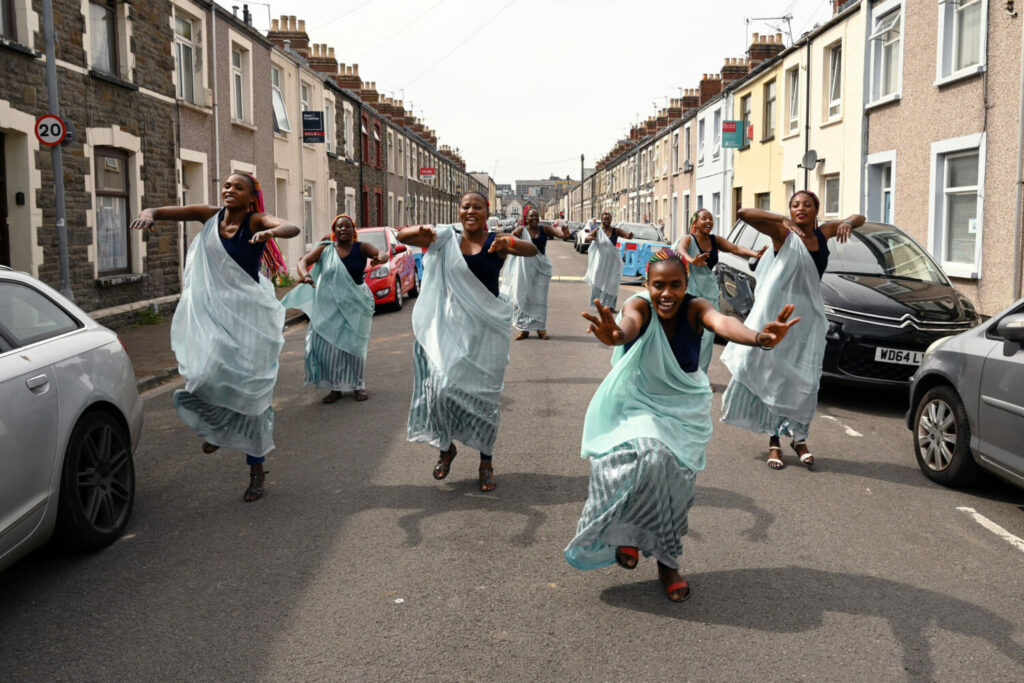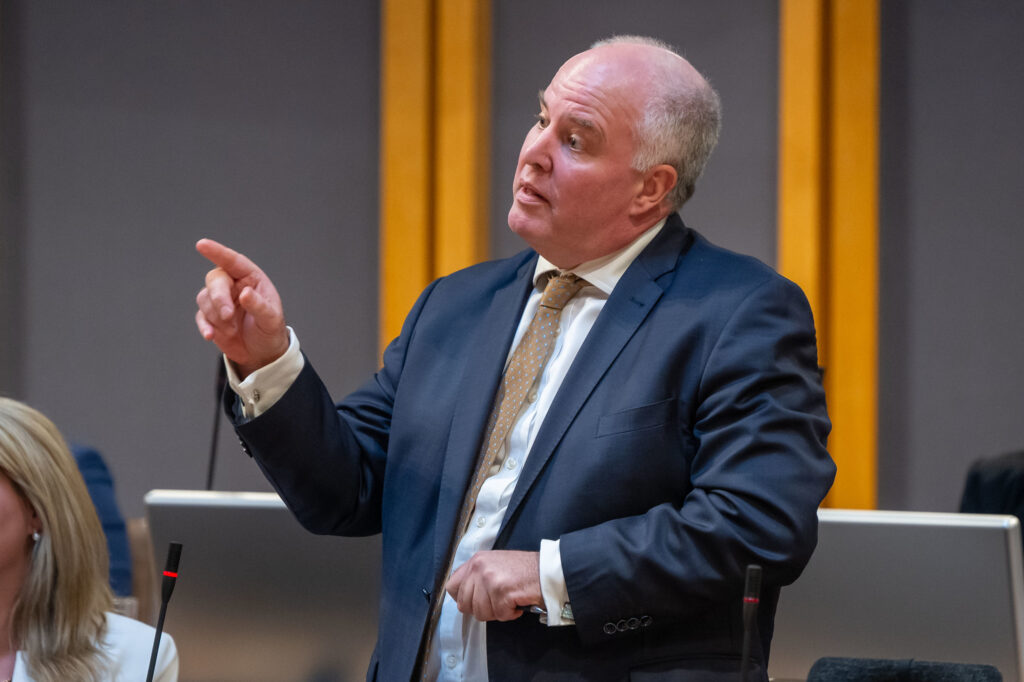Dylan Moore talks to Olu Oni and Glenn Edwards about Africa Welsh News, a community website that seeks to foster links across nations and continents
Olu Oni and Glenn Edwards have spotted a gap in the market. But it’s also a gap in the Welsh media, a gap in the fabric of Welsh life.
Oni explains the impetus for setting up Africa Welsh News six years ago. ‘We wanted to bring news to Africans in Wales and Africans more generally. But we also wanted it to be a community kind of project, helping people.’
Oni is from Nigeria, and came to Wales to study law. He met and married a Welsh woman and has since had a daughter, and is therefore making his life here, part of a growing African diaspora. And he says: ‘When you come into a community, I always say you have to be part of the community. You can’t come into the community and then stay away from everyone.’
At first his community activism was focused through the Nigerian Welsh Association, but Oni soon made lots of friends from other African countries, and became determined to tell stories that would link these communities together.
Glenn Edwards, an award winning Welsh photojournalist with more than 100 trips to 19 different countries in Africa on his CV, has been working with Oni to increase the level of professionalism on the website.
‘What I’ve realised,’ says Edwards, ‘over 30 or 40 years now, working in Africa and in African communities in Wales, is that generally speaking Nigerians stick with Nigerians, Ghanaians stick with Ghanaians, people from Burkina Faso stick with people from Burkina Faso. So Africa Welsh is about connecting people.’
‘We want to promote Africans in Wales,’ says Oni Olu. Glenn Edwards adds: ‘There isn’t anything like it that I’ve seen.’
Asked whether the site is only aimed at the African diaspora in Wales, both men say no. Oni emphasises the strong links between Africans in Wales and the rest of the community – ‘Many of us are married to Welsh people!’ – while Edwards says there are many people like himself – ‘Anybody who’s got an interest in Africa’.
Another aspect of the work is ensuring geographical coverage, ‘to bring together the north, south, east and west of Wales, and the borders too, because they’re connected, to exchange stories.’
And rather than focusing on what Oni says are ‘the usual negative stories about Africa, or about crime or fraud’, the pair want to emphasise good news stories, profiling Africans who have made a success of life in Wales, often but not always in difficult circumstances.
‘We want to promote Africans in Wales,’ says Oni Olu. Glenn Edwards adds: ‘There isn’t anything like it that I’ve seen. You’ve got BBC and Reuters and Africa News that cover African stories. But what they’re not doing is telling me about [Penygroes-based cook and author] Maggie Ogunbanwo or telling me about [Newport-based community organiser] Robert Muza, fantastic stories that are happening in Wales.’
Oni also says it’s important that the work of Africa Welsh News is done by members of the African community. He shows me a social media post about a vintage clothes sale, and says that, as an African, he knows his audience, and the appeal of buying clothes in bulk – vintage or not. ‘So we can share this kind of information on the site; it’s helpful.’
And as well as his vast journalistic experience in Africa, Edwards brings a local perspective: ‘I buy the South Wales Echo every day, and maybe once every three, four or five months, there’ll be a story about an African. It’s criminal really. But they’re not looking for those stories.’
Discussions and debates that drive Wales forward.
Join Wales’ leading independent think tank.
It is clear both men have an unquenchable passion for this work. Oni has been renting an office for the project for six years, with little financial return. And Edwards gives his time and expertise for free. In fact, Africa Welsh costs Glenn: ‘money, time and travel, sometimes a hotel in North Wales.’
Oni says he knows there’s funding out there, ‘but I want people to see what they’re putting their money into.’ Edwards says: ‘It’s not been an easy time to start something like this – a pandemic followed by an economic crisis – but we’ve kept going.’
And Africa Welsh News has now reached a point where ‘we need to be able to pay people. And in some ways it doesn’t matter whether it’s freelancers, stringers or staff; we just need to be able to keep that pipeline of content flowing.’
‘If there’s one word to describe what we want,’ says Edwards, ‘it’s being sustainable.’ In this respect at least, Africa Welsh is no different to any other Welsh media. But its USP is the specific nature of its work, covering what might easily be termed a ‘news desert’.
‘There’s a gap in the market, yes, but there’s also a gap in provision and a skills gap in the people able to provide it. We need to create opportunities.
Oni gives an example of a story he didn’t see covered at all in the mainstream Welsh media. ‘Jerry Rawlings, three times president of Ghana, died. And not only did he die, he died of Covid. It is big news.’ But Edwards adds the vital question: ‘Do we cover it as the BBC would, or do we talk to people from Ghana and ask them about it, so you’re doing it from a Welsh African point of view?’
The pair are already working with students, who can partner with the site by sharing content that can also form part of their own projects, whether in journalism or photography, and Edwards is working on a project with young Somali women in Butetown, teaching photography.
He is clear that ‘there’s a gap in the market, yes, but there’s also a gap in provision and a skills gap in the people able to provide it. We need to create opportunities. I want it to be run by Africans… I want African writers and photographers to come along.’
All this week the welsh agenda online will be showcasing work from our partnership with Africa Welsh News.
All articles published on the welsh agenda are subject to IWA’s disclaimer.





